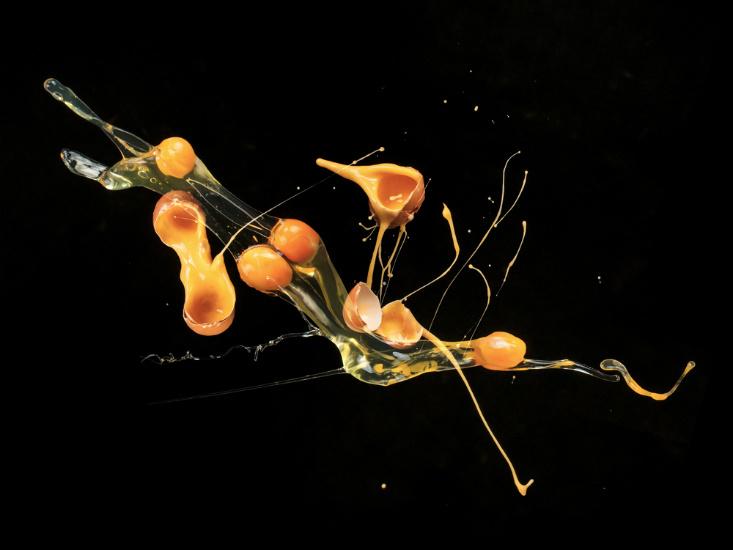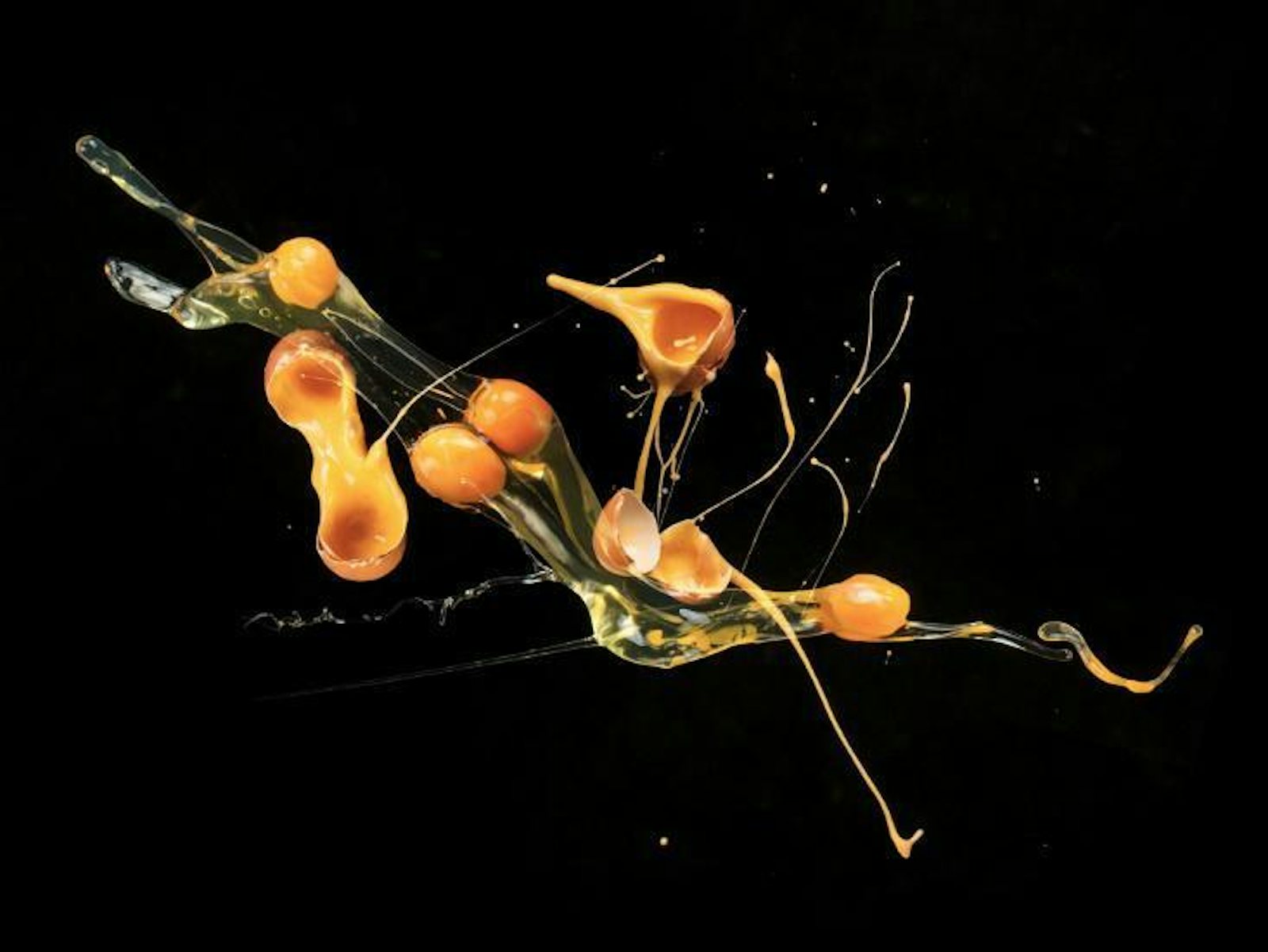
The practice of nutritional science faces some significant problems, and they are mainly of its own making. For decades, starting in the 1950s, a consensus of experts recommended that Americans cut down on fat, cholesterol, and saturated fat so as to minimize their risk of heart disease.
In more recent decades, the consensus has, like an ocean liner, slowly changed direction and even reversed course. First, the warnings about fat diminished and then disappeared—the problem wasn’t fat but certain problematic fats, the exact identity of which were also in flux. Then the firm limits on cholesterol were lifted—dietary cholesterol didn’t significantly change blood cholesterol in most people, and the total blood cholesterol wasn’t a very important factor in heart disease, anyway.
Over the past few years, studies of people’s actual health outcomes, not just biomarkers with indirect connections to health, suggest that saturated fat isn’t so bad either. As the expert bodies slowly internalize these results, the public sees a confusing contrast: Researchers seem to be coalescing around the idea that saturated fat isn’t the enemy, while public-health agencies continue to demonize it. This no doubt breeds some degree of deserved skepticism about the science behind our nutritional guidelines.
How did it get to be this way? How is the nutritional science advanced by public-health experts in such stark contrast with new science research?
Gary Taubes, one of the most influential critics of the “diet-heart hypothesis,” lays most of the blame on Ancel Keys, a physiologist at the University of Minnesota. Taubes says Keys based the theory on a tiny bit of research and forcefully, effectively promoted it to scientists. Other skeptics of the hypothesis have also pinned the error on Keys.
But I wonder if there’s another factor that helped propel the diet-heart hypothesis to become conventional wisdom despite a dearth of solid evidence, namely the old idea that “you are what you eat.” It makes a certain kind of obvious sense that eating fat will make you fat. What’s more, eating fat will provide more fuel for the plaques, made of fat, that were known to cause heart attacks on strokes. And of course it makes sense that eating cholesterol, a kind of fatty molecule, will increase cholesterol, a fat associated with heart disease, in your blood.
This idea was supported by Keys’ research and, more importantly, it made a clear, easily graspable lesson to push to the public. Eating fat makes you fat. Eating the fat that causes heart disease fills your body with that fat. Fat is bad. Some kinds of fat are especially bad. Avoid all of it.
But it turned out that you are not, in fact, exactly what you eat. Biology is more complicated than that.
Amos Zeeberg is Nautilus’ digital editor.






























